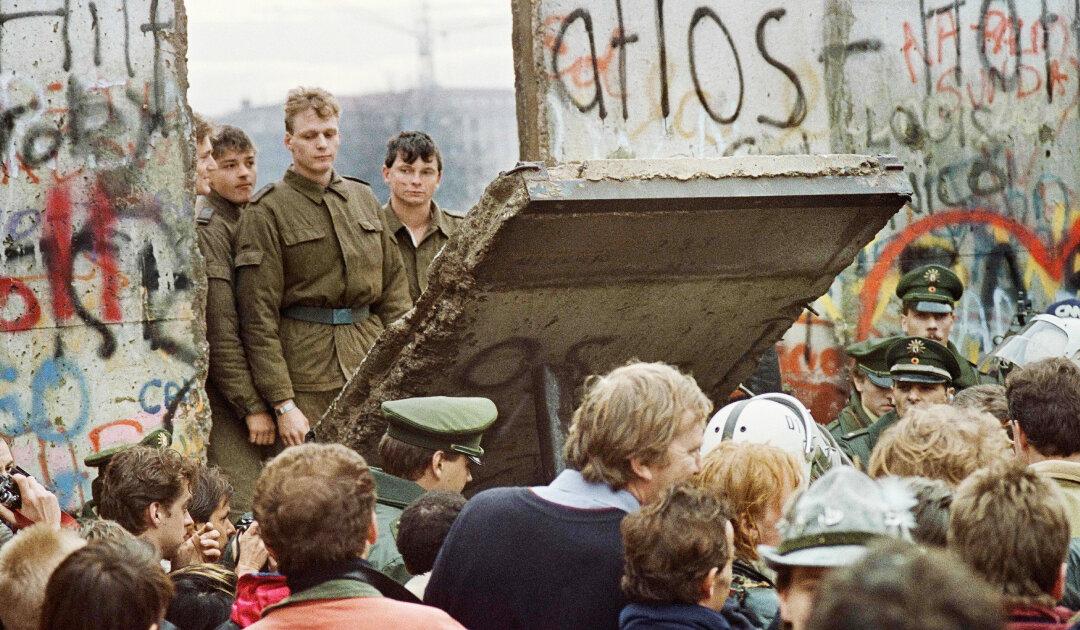News Analysis
WASHINGTON—It’s been 30 years since the world watched in awe and tears as thousands helped bring down the Berlin Wall with hammers and axes.


WASHINGTON—It’s been 30 years since the world watched in awe and tears as thousands helped bring down the Berlin Wall with hammers and axes.